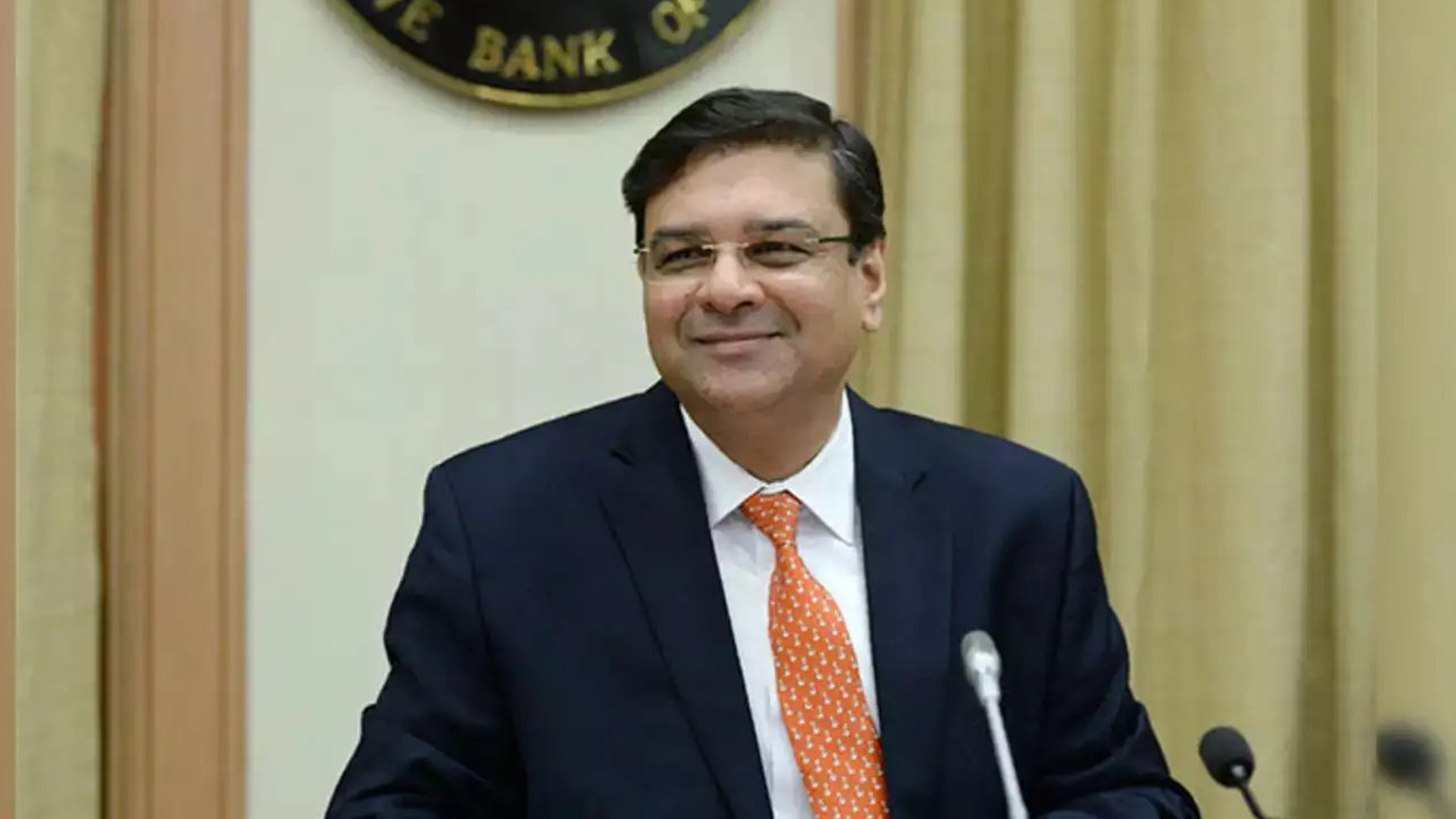Urjit Patel Appointed India’s Executive Director at IMF
Patel will take over a post that has been vacant since April 30, following the early termination of Krishnamurthy Subramanian’s tenure, which ended six months before its scheduled completion.

The government has appointed Dr. Urjit Patel, former Reserve Bank of India governor and noted economist, as India’s Executive Director (ED) at the International Monetary Fund (IMF). The appointment, approved by the Appointments Committee of the Cabinet, is effective for three years from the date Patel assumes charge or until further orders, whichever is earlier, according to a notification dated August 28.
Patel will take over a post that has been vacant since April 30, following the early termination of Krishnamurthy Subramanian’s tenure, which ended six months before its scheduled completion. Subramanian, a former chief economic advisor to the finance ministry, reportedly faced allegations of impropriety relating to the promotion of his book, including potential violations of internal IMF protocols. As India’s ED, Patel will serve on the IMF’s executive board, deliberating on the national, regional, and global impact of member countries’ economic policies, approving financing to address balance-of-payments challenges, and overseeing the Fund’s capacity-building programs.
Patel, who currently chairs the National Institute of Public Finance and Policy in New Delhi, returns to policy circles nearly seven years after his unexpected resignation as RBI governor in December 2018. Named as Raghuram Rajan’s successor, Patel was the first governor to implement monetary policy decisions through the Monetary Policy Committee following its creation in October 2016. He also guided the central bank’s adoption of a flexible inflation targeting framework, reducing average consumer price index inflation to 3.3 per cent in 2017 and four per cent in 2018, down from 6.7 per cent in 2014.
His tenure at the RBI, which began as deputy governor in January 2013, was marked by tensions with the government over key policy issues. Disagreements included the RBI’s economic capital framework, with the finance ministry arguing that the central bank was holding excessive reserves, and the management of the country’s insolvency and bankruptcy code. Patel’s February 2018 circular on the resolution of stressed bank assets, later struck down by the Supreme Court, became a flashpoint for legal and political scrutiny. In his memoirs, Patel highlighted the challenges posed by perceived interference in the RBI’s independence and described the weakening of bankruptcy laws as creating disorder in debt recovery processes.
Despite the controversies, Patel’s return to a prominent international economic role underscores the government’s recognition of his expertise. As India’s representative on the IMF board, he is expected to influence global discussions on fiscal policy, monetary stability, and financial sector reforms, while strengthening the country’s voice in multilateral economic governance.